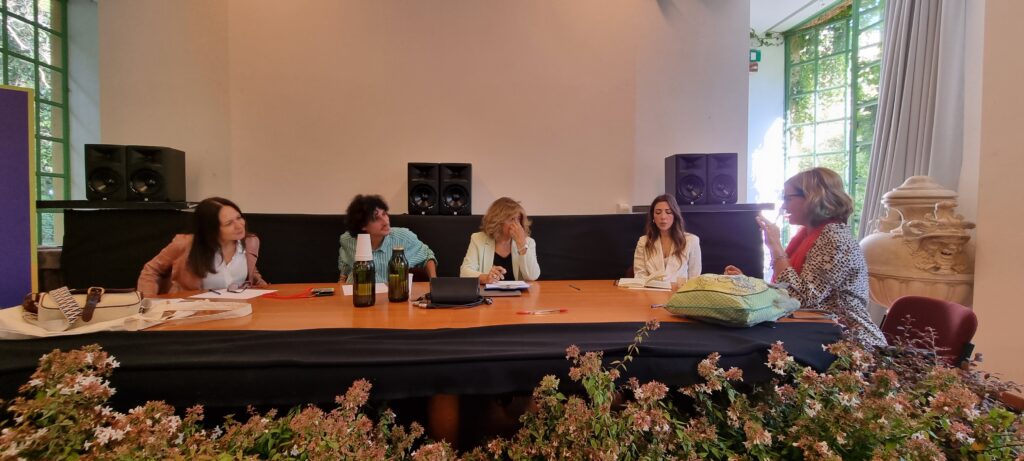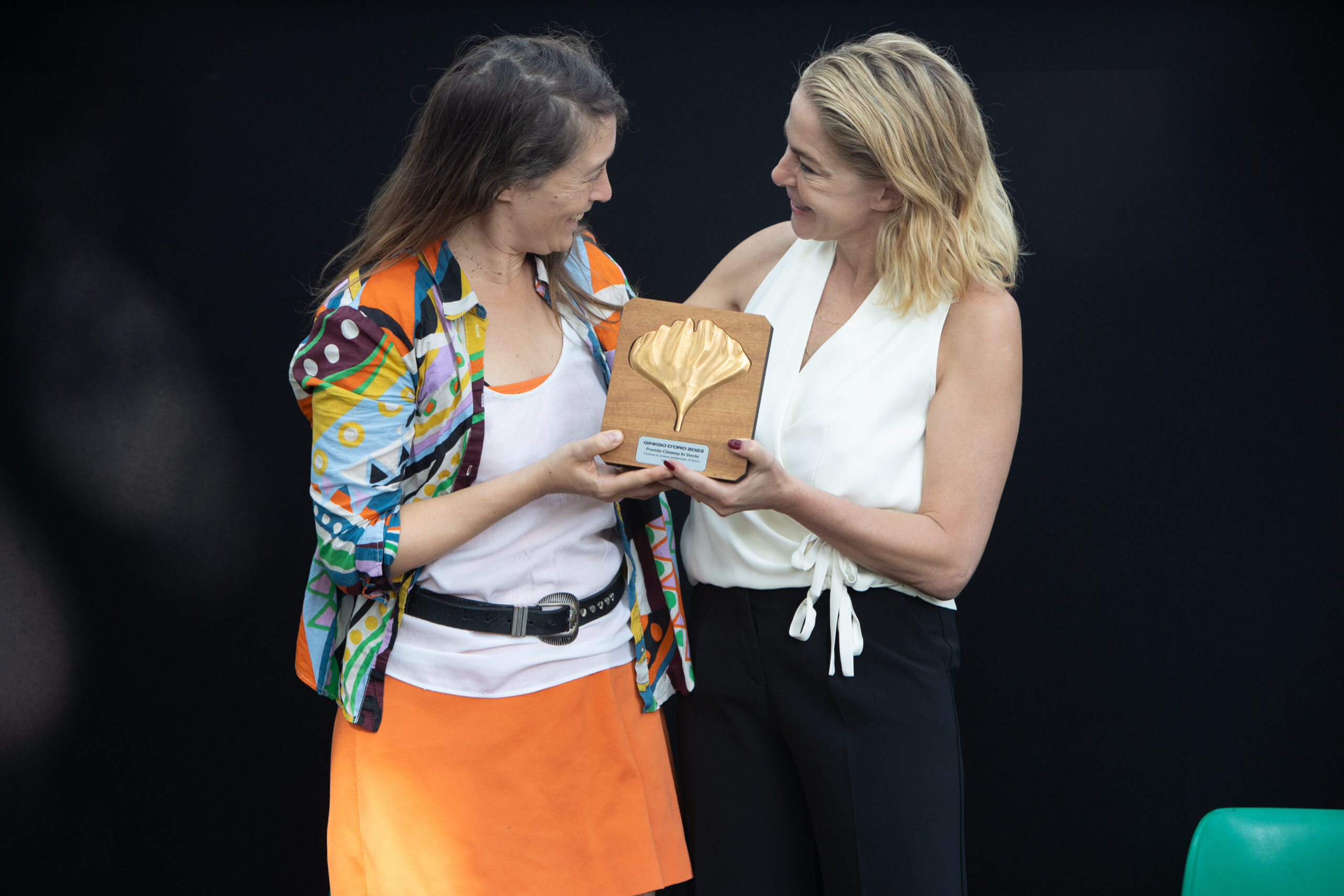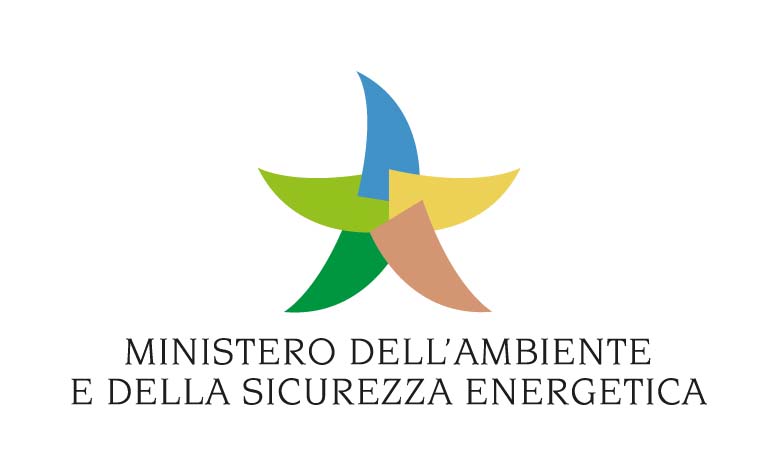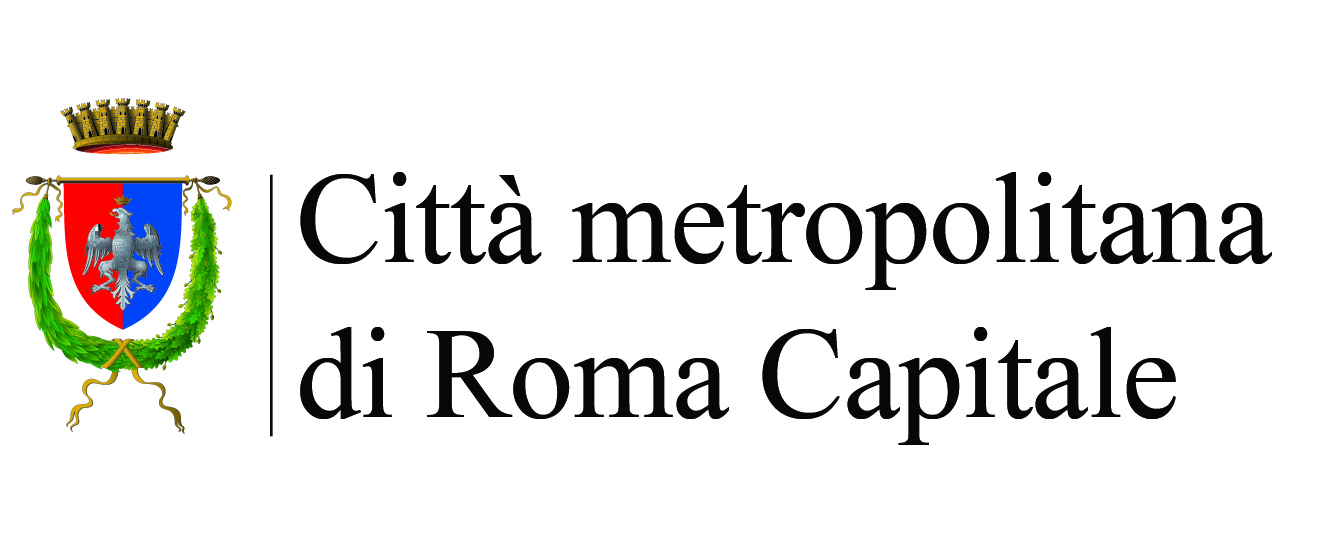The jury of the first environmental film festival—composed of Laura Delli Colli (jury president), Claudia Campanelli, Andrea Grieco, Rossella Muroni, and Thony—evaluated the six competing films, stories of activism, investigation, and resistance centered on the environment and the future. These were previously unreleased films in Italy that sparked discussion, but what made the difference was “the strength of a narrative that transforms rebellion in the banlieues into a conscious movement for climate justice, linking complex issues like land consumption and rising ocean levels,” as stated in the official award citation.
A film that doesn’t forget to explore the personal stories of a group of second-generation youth who, even through daily confrontations with law enforcement, experience growth and the search for balance in integration. An example of cinema where a film about major environmental issues also gives voice to the intimate and personal emotions of its protagonists, in a story that is also a coming-of-age novel.

A special mention goes to Green Tide by Pierre Jolivet, starring Céline Sallette, “which transforms journalist Inès Léraud’s investigation in Brittany into a compelling narrative. The film delves into the case of green, toxic algae that for decades have caused mysterious deaths—not only of animals—amid the guilty silence of institutions and local intensive farming and agriculture industries. A theme that recalls what happened in Italy in the 1980s with the mucilage crisis in the northern Adriatic Sea, a warning that still remains highly relevant today.”
“These films share a common thread that, beyond denunciation and activism, is emotion. If cinema is able to do more than just inform, it’s because it uses its creative freedom—of storytelling, of analysis—often drawing from journalism but going even further. And that struck us deeply,” said journalist Laura Delli Colli during the award ceremony. She added: “It was truly difficult to choose who to award among these brilliant authors who have portrayed such diverse worlds and issues, all deeply tied to the present. That’s why we also decided to give a special mention.”
“This is a ground zero moment—this Festival has really worked and it will grow,” said Sabrina Alfonsi, Councilor for Agriculture, Environment and Waste Management of the City of Rome. “Fiction and emotion, more than any other tool, are able to reach people’s hearts. Of course, we don’t give up on numbers and science—that part is essential for us policymakers—but through films we must do a collective job to realize that there is no future on the horizon: we are already living in an environmental present, and we’re late—we must act now.”
















